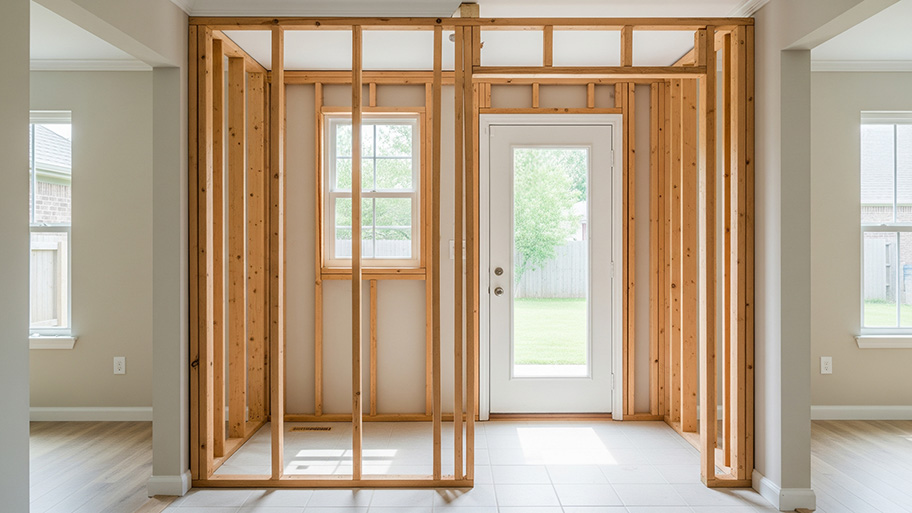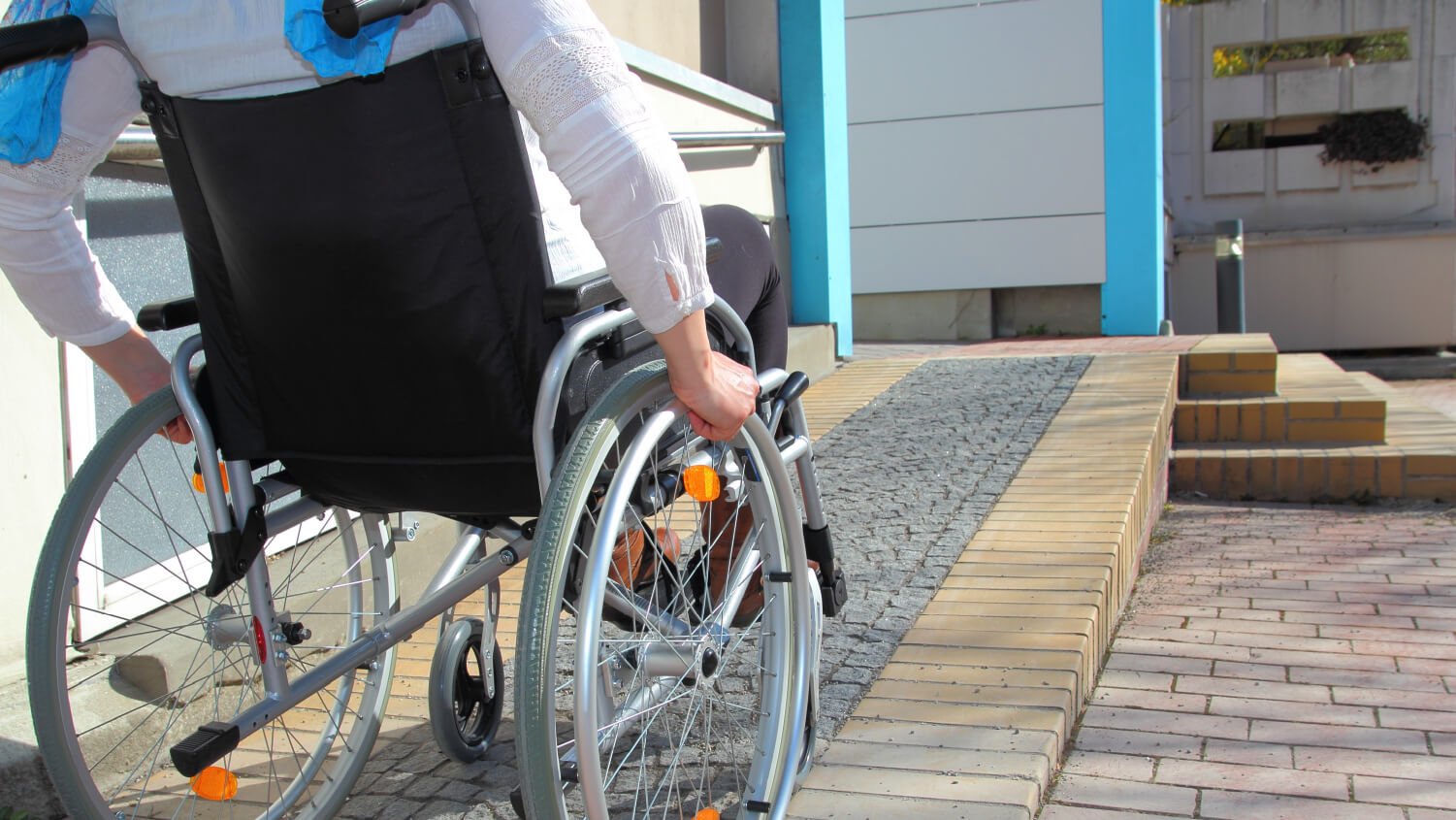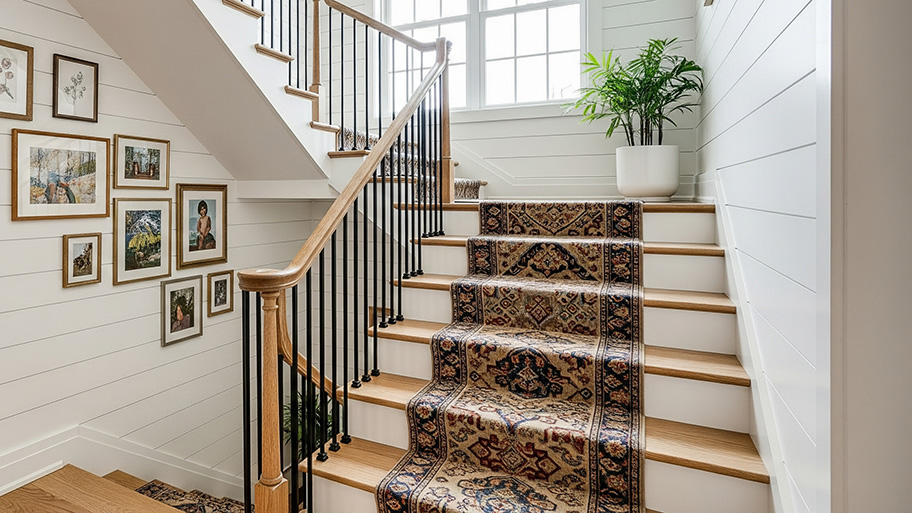
Sometimes, all your home needs is a new wall to make a room or provide an updated function to an existing space. Learn how much it costs to install a new wall.
Tax breaks for home improvements have limitations


Tax code allows deductions on improvements to rental property, home offices, and historic homes.
You may also get tax credits for making your home more energy efficient.
Tax perks also exist for people who need to make their home more medically accessible.
If you qualify for a tax deduction, you must keep detailed records.
When doing a home improvement project, you’re likely looking for savings at every turn. One potential area in which to save money is seeking a tax write-off for the work. Are home improvements tax deductible? Home improvements often are not tax deductible, but there are some exceptions. Here are the most common potential tax write-offs when you’re doing a home improvement.

If you have interest in doing a home improvement project that will qualify for some tax breaks, here are five potential situations where you can take a write-off.
If you own a home that you rent, or if you rent a portion of your primary home, you may be able to take a tax break for renovations to the rental properties. You may only be able to deduct expenses that offset any income you’re receiving, though. In other words, you can’t take a large deduction if your rental income is far less than the expenses you have.
In some cases, home office renovations are tax deductible. If you have a small business or are self-employed, you may be able to take a tax break on the space you use exclusively as a home office. Should you make any improvements to that space, you may be able to take an additional tax break.
However, if the improvements provide benefits for the entire home, you may only be able to seek a tax break on a percentage of your remodeling costs.

If someone who lives in your home has medical issues that require special accommodations, you may be able to renovate the house and take a tax break. If someone has a disability that requires you to widen doorways for a wheelchair, for example, you can potentially write off these renovation costs. The tax break would be part of the medical expense deduction on your tax forms.
However, if the renovations increase the value of your home, the amount of your tax break will have limitations.
If you add energy-efficient appliances to your home, or if you perform structural improvements to your home that improve energy efficiency, you may qualify for some tax credits. Limitations exist for how much of a tax break you can take. Frequently, you can take a percentage of the cost of the new appliance or renovation with a cap on the total amount claimed.
The rules for federal tax breaks on energy-efficient home improvements change frequently, so check with a tax professional about your current eligibility.
You may qualify for a tax credit when you renovate a historic home. You often can receive a percentage of the qualified expenses that you have for the renovation. Qualified expenses may have limitations, though, Replacing aging plumbing or electrical infrastructure and repairing deteriorating structural items may qualify. Upgrading the kitchen design likely won’t qualify.
Understand that you may have to follow certain local regulations to do the work. You might have to avoid changing architectural details of the historic home or building, for example. You also may have to meet criteria to qualify as a historic home, such as featuring a certain architectural style or being built before a certain date.
It’s important to keep detailed records about the scope of the project and the money you spent. Are home improvements tax deductible if you don’t have good records? Should you ever end up in a tax audit, you may struggle to explain why you took the deduction without good records.
If you hire a local home remodeling professional to do the work for you, this person can help you collect the documentation you need.
Remember, home improvements are not tax deductible unless you meet certain criteria in the tax code. Your documentation must show the scope of the improvement work you did. You may want to take before-and-after photos as further documentation. It’s also a good idea to take notes about why you believe the project fits the criteria for a tax deductible home improvement.
From average costs to expert advice, get all the answers you need to get your job done.

Sometimes, all your home needs is a new wall to make a room or provide an updated function to an existing space. Learn how much it costs to install a new wall.

Building permits are essential. Here’s everything you need to know about building permit costs to budget accordingly for your building project.

Discover stair repair cost estimates, including average prices, key cost factors, and tips to help you budget for your stair repair project.

Want to learn how to frame a ceiling for drywall? Keep reading for a step-by-step guide to tackling this impressive DIY on your own.

Here's how much households are paying for utilities around the country. While location determines provider rates, your home's size and efficiency level can dramatically impact utility usage.

Contractors expect you to get multiple quotes and know they won’t win your business every time. If you’re wondering how to tell a contractor you went with someone else, an honest and kind approach is key. We’ll cover what to do (and say) here.